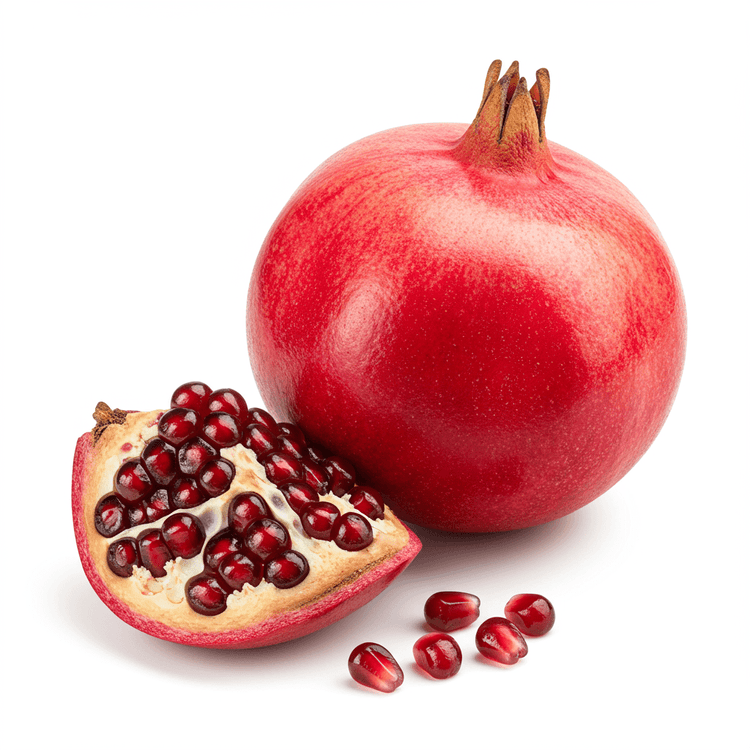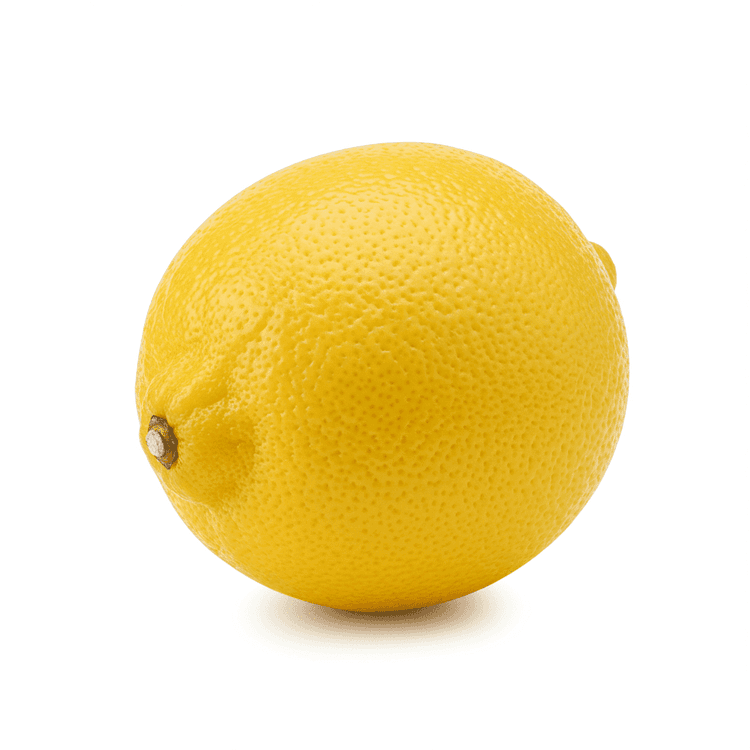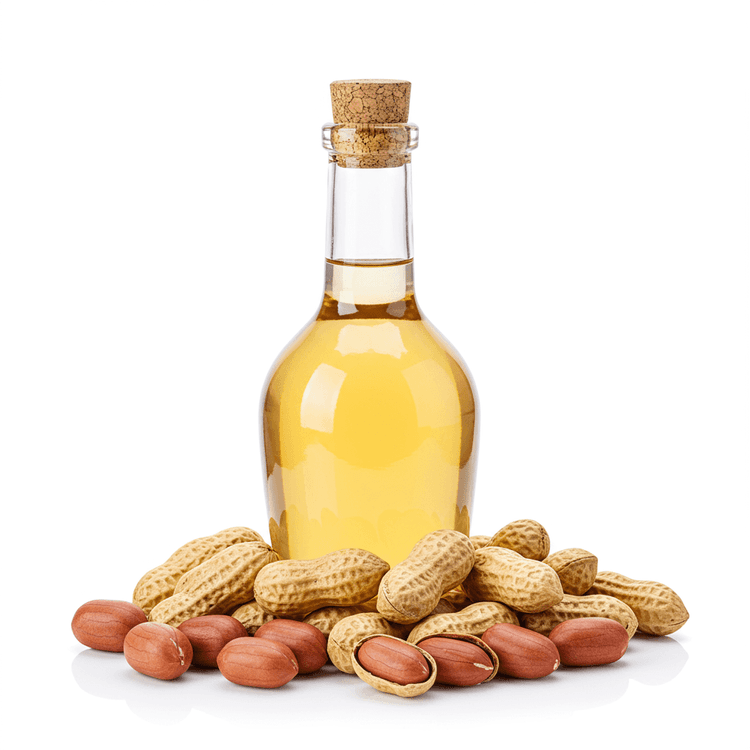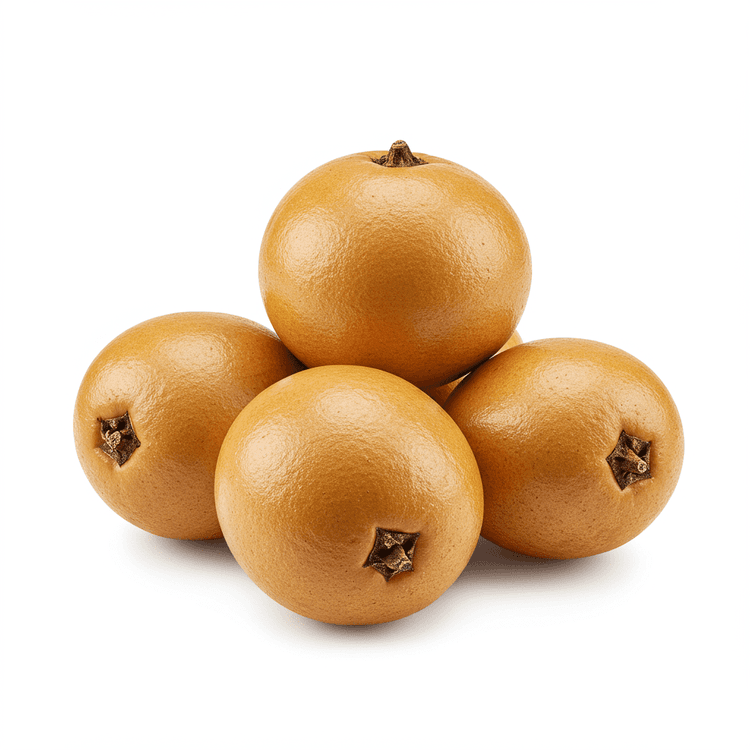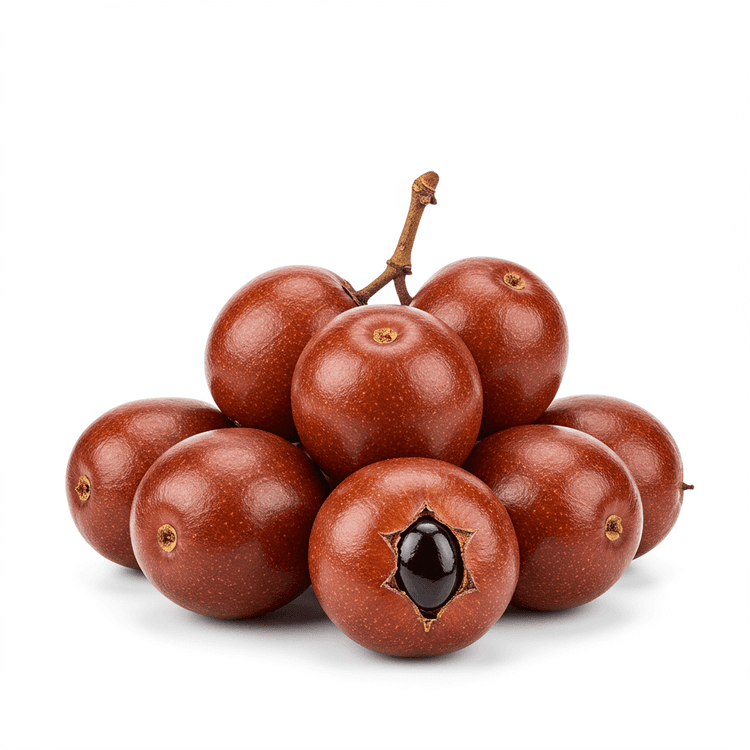
Kokum
Kokum is a small, reddish-purple fruit native to India's Western Ghats region. Often used as a souring agent, dried kokum has a slightly tart and tangy flavor profile, reminiscent of cranberries with subtle sweet notes. Its dried form has a firm, slightly brittle texture. Kokum adds a vibrant color and unique taste to various dishes and beverages, making it a sought-after ingredient for Indian cuisine and beyond. Explore the versatility of kokum in your cooking for a burst of flavor and color!
Common Uses
- Kokum is used to impart a tangy and slightly sweet flavor to curries and stews, adding depth and complexity to the overall taste profile. Use it to create authentic Indian dishes with a unique sour taste.
- Kokum sherbet is a popular refreshing drink made by infusing dried kokum with water and sugar; a perfect summer cooler with a distinctive sweet and sour taste. Great beverage for hot weather.
- Kokum can be used to create flavorful chutneys and pickles, lending a tangy counterpoint to the other ingredients, enhancing your appetizer and sides.
- Used as a souring agent in vegetarian dishes, such as dals and vegetable curries, adding a fruity and acidic note replacing tamarind or lemon.
- Kokum butter, extracted from the seeds, can be used to add moisture and subtle fruity taste and aroma to baked goods and desserts, also used for skincare.
- Kokum is employed in some fish and seafood preparations to cut through the richness and provide a balanced flavor profile.
Nutrition (per serving)
Nutrition (per serving)
Calories
61.0kcal (3.05%)
Protein
0.3g (0.6%)
Carbs
15.3g (5.56%)
Sugars
0.0g
Healthy Fat
0.0g
Unhealthy Fat
0.0g
% Daily Value based on a 2000 calorie diet
Nutrition (per serving)
Calories
61.0kcal (3.05%)
Protein
0.3g (0.6%)
Carbs
15.3g (5.56%)
Sugars
0.0g
Healthy Fat
0.0g
Unhealthy Fat
0.0g
% Daily Value based on a 2000 calorie diet
Health Benefits
- Rich in antioxidants that combat free radicals and promote cellular health.
- May possess anti-inflammatory properties, potentially aiding in managing inflammatory conditions.
- Supports digestive health due to its mild astringent properties.
- May help in weight management by potentially inhibiting lipid synthesis.
- Traditionally used to support liver health and detoxification processes.
- Contains hydroxycitric acid (HCA), which may have potential benefits for cholesterol levels.
Chefadora AI is here.
Experience smarter, stress-free cooking.
Storage Tips
Kokum can be stored in several ways depending on its form. Dried kokum can be stored in an airtight container at room temperature, away from direct sunlight and moisture, for up to a year. Kokum syrup should be refrigerated after opening and used within a few months. Kokum butter should be stored in a cool, dark place to prevent it from melting or going rancid. For extended storage, kokum can also be frozen.
Marnirni-apinthi Building, Lot Fourteen,
North Terrace, Adelaide, South Australia, 5000
Australia
